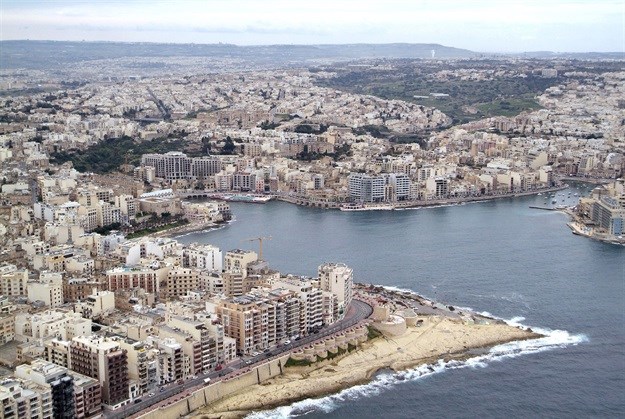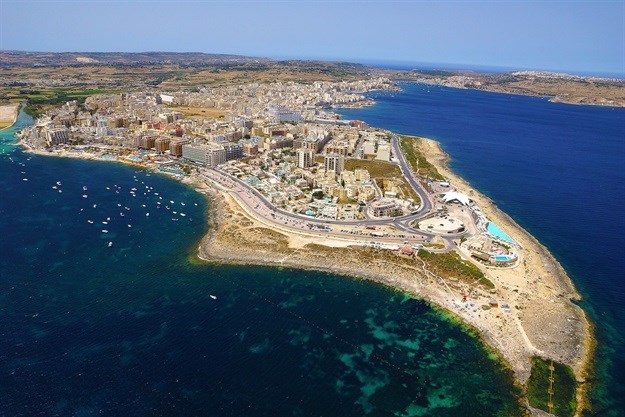
Top stories






More news


Marketing & Media
Ads are coming to AI. Does that really have to be such a bad thing?













A total of 3,000 work permits were issued in June to third country nationals seeking employment in Malta. The significance is that this is the same number that was issued for the whole of the first five months of 2018.

Addressing a special dialogue session for entrepreneurs and businessmen organised by the Chamber of Commerce, Enterprise and Industry, Prime Minister Joseph Muscat dwelled on the shortage of labour, which he said was being faced by the Maltese economy. He insisted that foreign workers could “fill a vacuum” left by Maltese employees in certain sectors and cautioned against viewing foreign workers as a threat.
“We must not allow our shortage of labour to affect our competitiveness,” he said.
In his address, he pre-empted employers’ criticism of the long time it took to process work permit applications for non-EU nationals wanting to work in Malta. Dr Muscat said he recently ordered a review of the system in a bid to expedite the process.
He noted that between January and May, a total of 3,000 work permits were issued. However, following the implementation of certain measures which came into force at the beginning of June, there was a spike in approved permits with the number reaching 3,000 in June alone.
While insisting that government would not rest on its laurels, the Prime Minister pointed out that one had to keep in mind that such a system was not operated in isolation but in collaboration with European institutions.
“If we process too many we are criticised that too many visas are being issued. There has to be a fine balance,” he said.
The last Maltese population numbers we had indicated 460,000 pax end-2016. An updated figure was released this month indicating that the population now stands at 475,000. If the percentage of foreigners still stands at 11,8%, then 50,000-plus expats now call Malta home.
What’s interesting about this international community is its noticeable proliferation in two residential clusters: Sliema and St Paul’s. (What South Africans would call a suburb, the Maltese call a localite. If you go onto an estate agency website and try to search by area, the tab you’re looking for is therefore ‘locality’. Sliema is always Sliema but St Paul’s Bay is San Pawl tat Targa.)
Sliema, centrally located on the East Coast of the island, is the heartbeat of the island’s economy. It has the promenaded look of Sea Point’s ocean-fronting, post-1960s apartment blocks fronting the economic pulse of Johannesburg suburbs like Rosebank or Sandton. Sliema’s neighbouring localites of St Julian’s and the nightlife-heavy Paceville have seen many foreign i-gaming companies headquarter here (drawn by remarkable corporate tax efficiencies) and making this zone the epicentre for hipsters, millennials and IT geeks – many of them foreigners – who form the bulk of the online gaming workforce. Property prices and apartment rentals are ascendant in line with the laws of supply and demand, and the construction industry is breathing heavily behind to catch up with the housing stock situation.

St Paul’s Bay is a nodal area on the North East Coast combining the flanking localities of Qawra and Buggiba. Historically (as in five years ago) this was British expat central – the place where the English would come on holiday to the seaside and eat fish and chips. Many local hotels, rather than shutting down for the winter and laying off staff, offer full- and half-board rates that are so cheap that many Brits come and stay for six-month stints. It’s cheaper, they say, than the cost of turning the central heating on back home in the UK. In the last half dozen years, the national profile has changed with an influx of Eastern European workers. An engineer from Bosnia or Montenegro can earn more as a construction labourer here in Malta than practising his profession back home so many come here for better wages and better weather.
